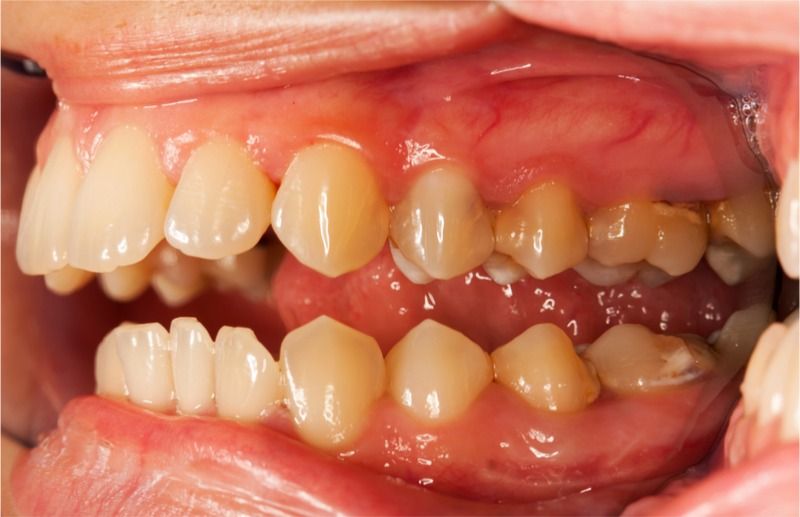An aluminum alloy developed in the 1940s has long held promise for use in automobile manufacturing, except for one key obstacle. Although it’s nearly as strong as steel and just one-third the weight, it is almost impossible to weld together using the technique commonly used to assemble body panels or engine parts.
A very good article on the studies on centenarians of Okinawa, on the importance of carbohydrate / protein ratio in diet, genes, calorie restriction and more: “… Genetic good fortune could be one important factor. Thanks to the geography of the islands, Okinawa’s populations have spent large chunks of their history in relative isolation, which may has given them a unique genetic profile. Preliminary studies suggest this may include a reduced prevalence of a gene variant – APOE4 – that appears to increase the risk of heart disease and Alzheimer’s. They may also be more likely to carry a protective variant of the FOXO3 gene involved in regulating metabolism and cell growth. This results in a shorter stature but also appears to reduce the risk of various age-related diseases, including cancer. Even so, it seems unlikely that good genes would fully explain the Okinawans’ longevity, and lifestyle factors will also be important…”
Emerging evidence suggests a 10:1 ratio of carbohydrates to proteins may protect the body from the ravages of ageing.
The complex relationship between the microbiome and the rest of the body has only recently started to become truly appreciated. The bacteria of the gut are increasingly looking like a potential player in aging, and some bacteria in the mouth associated with chronic periodontitis may be linked to Alzheimer’s disease [1].
University of Louisville researcher Jan Potempa from the Department of Oral Immunology and Infectious Diseases in the School of Dentistry led a team of scientists in a new study, which demonstrated that the bacteria Porphyromonas gingivalis (P. gingivalis), the main pathogen involved in chronic periodontitis, is also found in the brains of Alzheimer’s disease patients. Chronic periodontitis is a common oral disease that is characterized by the chronic inflammation of periodontal tissues, which is provoked by the accumulation of excessive dental plaque.
It has been suggested before that there may be an infectious element to Alzheimer’s disease, but, until recently, the evidence has been limited [2]. These researchers suggest that their study is strong evidence for a connection between the presence of P. gingivalis and the onset of Alzheimer’s disease.
Aleph Farms
Posted in food, sustainability
Another peculiar part of the WEIRD toolkit is our fixation on time. We budget it, struggle to save it, agonise over losing it. We count days, hours and seconds. We are always oriented to exactly where we are on the long arrow of history. In the United States, for example, when doctors screen patients for cognitive impairment, one of the first questions they ask is the year, month and date.
How the world became cognitively samey: the scientific, humanistic and ethical implications of global WEIRDing.
The Vajra (thunderbolt) tradition goes back at least to Amen of the Egyptian Old Kingdom. It passes on through thunderbolt-wielding Zeus/ Jupiter; and is also found in India and Tibet in the Vajrayana (Tantra) tradition. Tantra entails the study of all relevant traditions to determine the best. It contradicts neither science or religion. This C19th Tibetan tsakli is from a group of five Vajragarudas. Several ancient Egyptian emblems that survive in tsakli are given in Hypermodern Magick/ Khemetic Chess (Vol 2 of 3, Mandrake of Oxford series). This type of Buddhism seems particularly suitable for radical futurists.
https://paper.li/e-1437691924#/
Whether the app reveals the debtors’ names or photos is unknown, nor does China Daily mention how much money is owed or to whom — but according to paper the app allows people to “whistle-blow on debtors capable of paying their debts.”
“It’s a part of our measures to enforce our rulings and create a socially credible environment,” said a spokesman for the Higher People’s Court of Hebei — which is behind the app.
The “map of deadbeat debtors” is yet the latest in China’s push towards a shame-based “social credit score” system which has already been deployed in several parts of the country. According to a November report, Beijing has an ambitious plan to control China’s citizens through a system of social scoring that punishes behavior it does not approve.
The theme for this year’s gathering is Globalization 4.0 – how we’re handling the changes wrought on the world by the increasing interconnectedness of cultures and economies.
We must also reckon with the future. Digitization, Big Data, and the migration of IT services to the cloud are driving change now but we’re also starting to see the opportunities that will lead to Globalization 5.0.
These are the themes that will dominate the Davos gatherings of the future, says General Atlantic’s Bill Ford.








